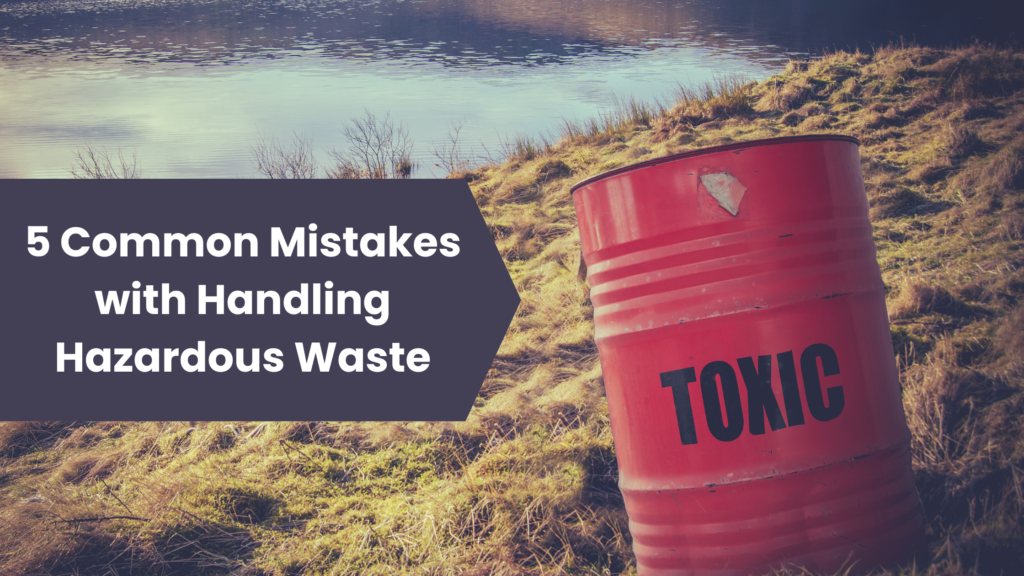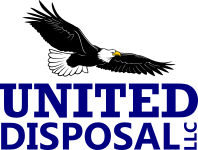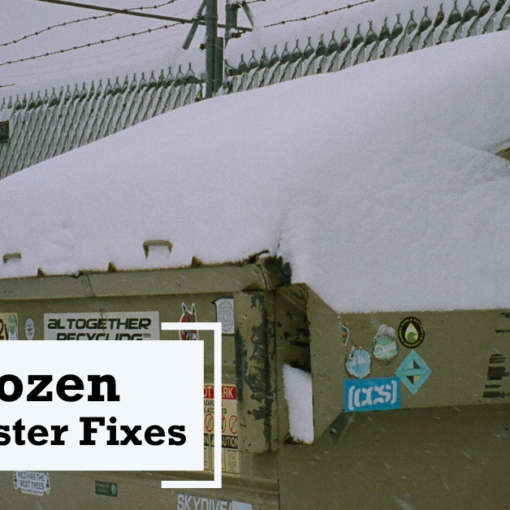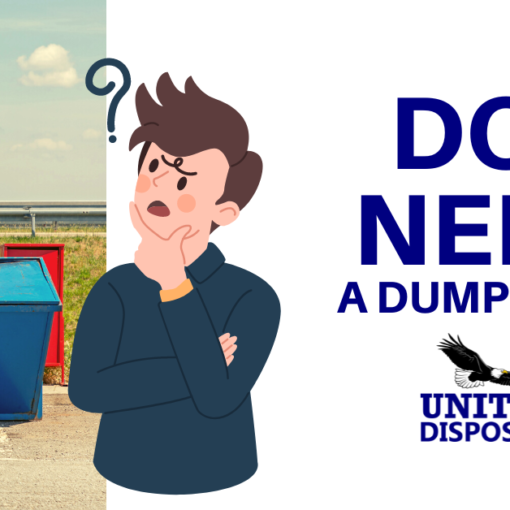
Hazardous waste is serious stuff, it’s not something you want to mess around with and take lightly. Best case, mishandling may create a huge mess. Worst case? It can not only put you and your employees at risk, but also the surrounding community. Avoiding the following common mistakes while handling hazardous waste will help keep everyone, and the environment, safe.
Inadequate Personal Protective Equipment
Some materials are not only hazardous to the environment, but can also be super harmful to us. Personal protective equipment (PPE) is CRUCIAL for protecting you, and also your employees. Corrosive liquids and toxic fumes wreak havoc on the human body, and inadequate PPE supplies leave staff open to numerous injuries.
What PPE is necessary? Gowns, gloves, shoe-covers, and goggles should be available at all times. Depending on what type of waste that is being handled, ventilation masks may also be required. Keep in mind that providing proper PPE is an OSHA requirement, and that failing to do so can result in massive fines.
Improper Labeling and Lab Packing
Each facility that produces hazardous waste is required to invest in reliable packaging. Storing hazardous was isn’t as simple as just locking it away in a container; it’s vital to seal, label, and store things in a specific way. Make sure to seal them properly; open or loosely sealed containers are spilling hazards. Also, make sure to clearly label materials and date them for disposal.
Lack of an Emergency Response Plan
No matter how cautious you and your company may be, accidents happen! That’s why having a hazardous waste emergency plan is not only imperative, but is an OSHA and EPA requirement. The one problem is, most businesses fail to come up with a plan that actually works in a real emergency.
Make sure your emergency response plan includes updated facility maps, detailed protocol signs, and clear instructions. The key is to practice your emergency response plan, businesses that practice their plans have a higher success rate since they can identify which steps don’t work.
Failure to Classify Hazardous Waste
“Hazardous waste” is a blanket term that covers numerous of dangerous materials. Knowing what kind of hazardous waste you’re handling is imperative when it comes to your labeling and lab packing process.
Are your materials toxic, flammable, or corrosive? Are they solid waste? Would they be protected under the Resource Conservation and Recovery Act? All these questions are vital, as they can keep you from breaking hazardous waste laws.
Not Working with a Hazardous Waste Company or Service
Hazardous waste is hard to manage when you aren’t used to working with it. These businesses are trained and are efficient in lab packing. creating emergency response plans. and classifying your materials. Look into hazardous waste companies in your area to help you get on the right track.




